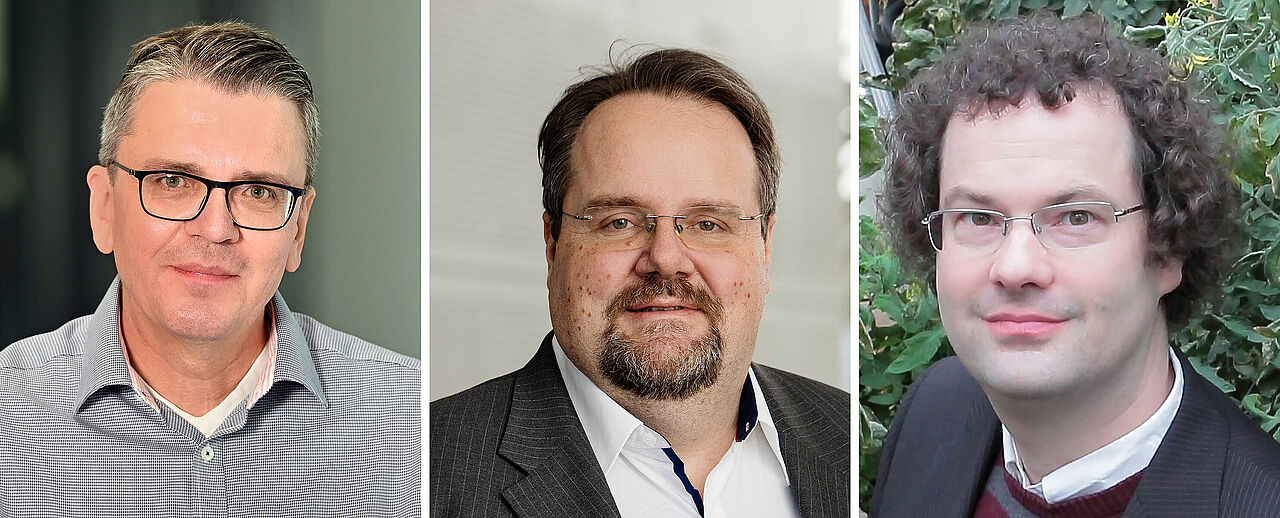One of the principal causes of anthropogenic climate change is the emission of greenhouse gases into the atmosphere. CO2 has the greatest impact here, coming from various sources including transportation, industry and heat generation. Over the past 150 years, the atmospheric CO2 concentration has risen from a pre-industrial level of 280 ppm (parts per million) to a record figure of 421 ppm in May 2022.
Climate change is altering rainfall patterns, causing severe weather events and reduced weather predictability. This presents significant challenges with regard to crop production and consequently also food security, among other things.
In the ACCeSS research project now being launched, HHU, FZJ and RWTH have joined forces and are pooling their expertise in green and white biotechnology, membrane biology, (bio)informatics, materials science and production engineering. Their joint strategy to address the causes and effects of climate change is to capture CO2 from the environment and produce high-value compounds from it to remove net CO2 from the atmosphere.
Microorganisms will capture the CO2, while the process is to be coupled to self-replicating metabolic cycles. Synthetic biology methods will then be utilised to produce chemical compounds in a circular process. This requires the use of solar energy and the nutrients in wastewater to recover CO2 from the atmosphere, bind it to carbohydrates through photosynthesis and then convert it into sustainable, high-value compounds in a biocatalytic process.
Professor Lutz Schmitt, ACCeSS spokesperson: “In parallel with our scientific and biotechnological programme, the aim is also to develop and evaluate acceptance and various instruments to achieve the necessary shift in mindset in the population. The intention is to convey the need for active CO2 reduction and gain public support.” To this end, the Department of Philosophy at HHU is also integrated into the project.
The research project launches on 1 November 2023 and is scheduled to run for three years. The total funding amount is approx. 2.5 million euros, with the HHU share amounting to 1.4 million euros.
“2022 Profile Building” funding line
The “Profile Building” funding line is part of an overarching, open-topic research funding programme with an interdisciplinary approach aimed at strengthening and supporting universities and research institutions in NRW in developing new research profiles and focal points, as well as with networking activities. Building on existing strengths, areas of potential in NRW are to be expanded so that they can significantly sharpen the research profiles of the individual institutions. In the 2022 funding round, a total of ten new projects will be supported, with funding amounting to around 27 million euros overall.
NRW Science Minister Ina Brandes: “The future is being devised, researched and developed in North Rhine-Westphalia. With our funding programme, we are creating scope for researchers to explore subjects and network with each other across and beyond different disciplines. This provides fertile ground for innovative ideas that make our everyday lives that much easier.”


